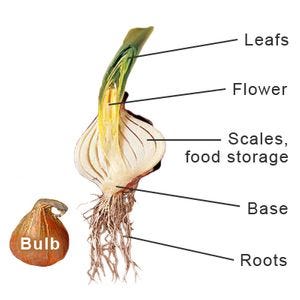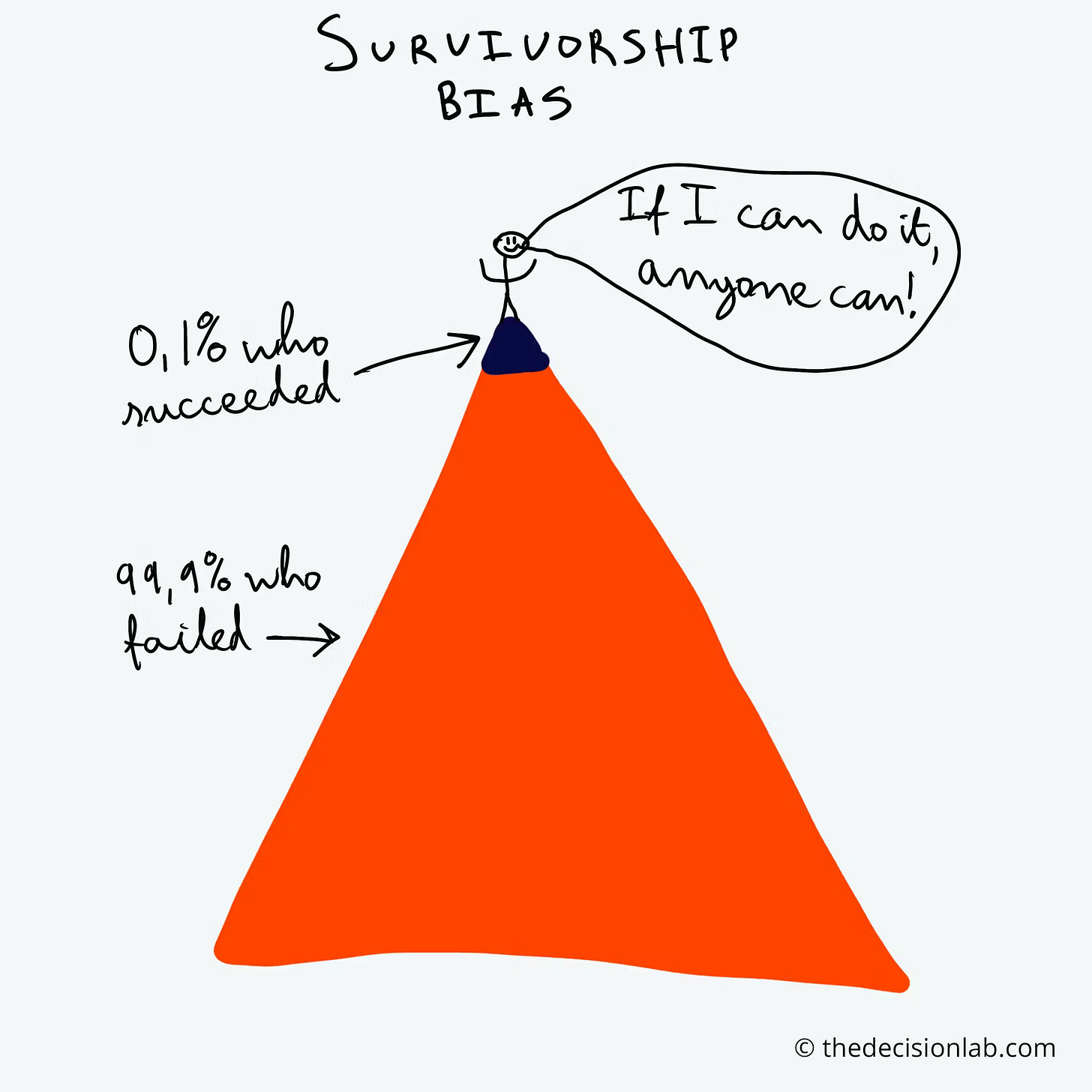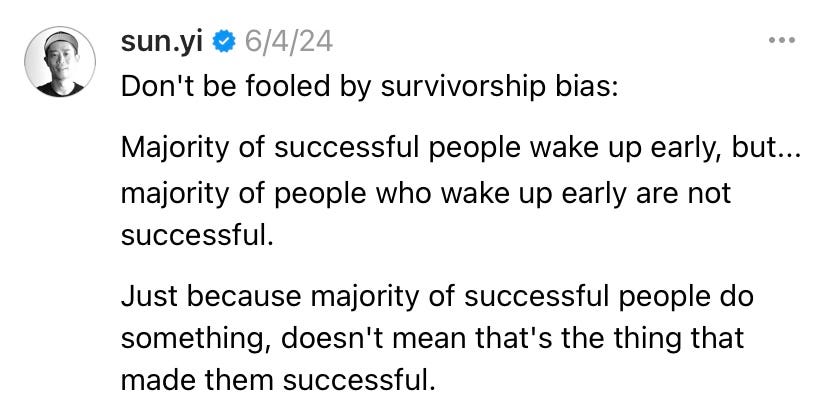Sunday from a London Bistro: Crockpot Caramelized Onions and a Look at Some Biases.
But little did I know, this vegetable would've grown on me.
I went overboard on buying too much onions when they were on sale at my local ShopRite. I didn’t panic either, because I am not one to. Instead I calmly went to google and searched “caramelized onions 🧅 how to.” I was one of those child that despised onions when I was growing up and would often give my mom the quizzical raised brow when I saw her just causally eating onions cooked up in meals she prepared, and most of our Jamaican dishes include onion. Fast forward to today, I enjoy onions and especially caramelized onions. This goes to show that our bodies, and tastebuds will change as we grow, and so will our likes, dislikes, and nutritional needs.
Anatomy of an onion
The onion isn't a root or a stem. It's a tunicate bulb with a clump of fleshy leaves on top.
I think it is one of those vegetables you’ll either like, love or hate.
So with this bounty of it, I devised a plan: to make a simple caramelized onion and goat cheese quiche, but first, I needed to caramel those onions. My love for the slow cooker runs deep!
How to make caramelized onions using your slow cooker/crockpot (because that’s the only way I’ll ever do it!)
What you’ll need
A bounty of onions. Can be one variety or a medley. Yellow onion, white onion and red onion. Please do not use shallots
Olive oil
Butter (I use salted)
Balsamic vinegar
sugar/honey
Slow cooker
Peel, then dice your onions, the size is up to you. Add to your slow cooker on medium or low setting, drizzle some olive oil and add a tablespoon of butter. You may add some salt if you wish. Stir well to combine, close your slow cooker and set a timer for 8hrs. Periodically stir but for the most part, leave it. Slow cooking typically produces liquid, so if you want a more sticky, jam like texture, I suggest keeping the lid ajar so the steam escapes, and checking ever so often, stirring to make it cooks evenly but this depends on the slow cooker you have.
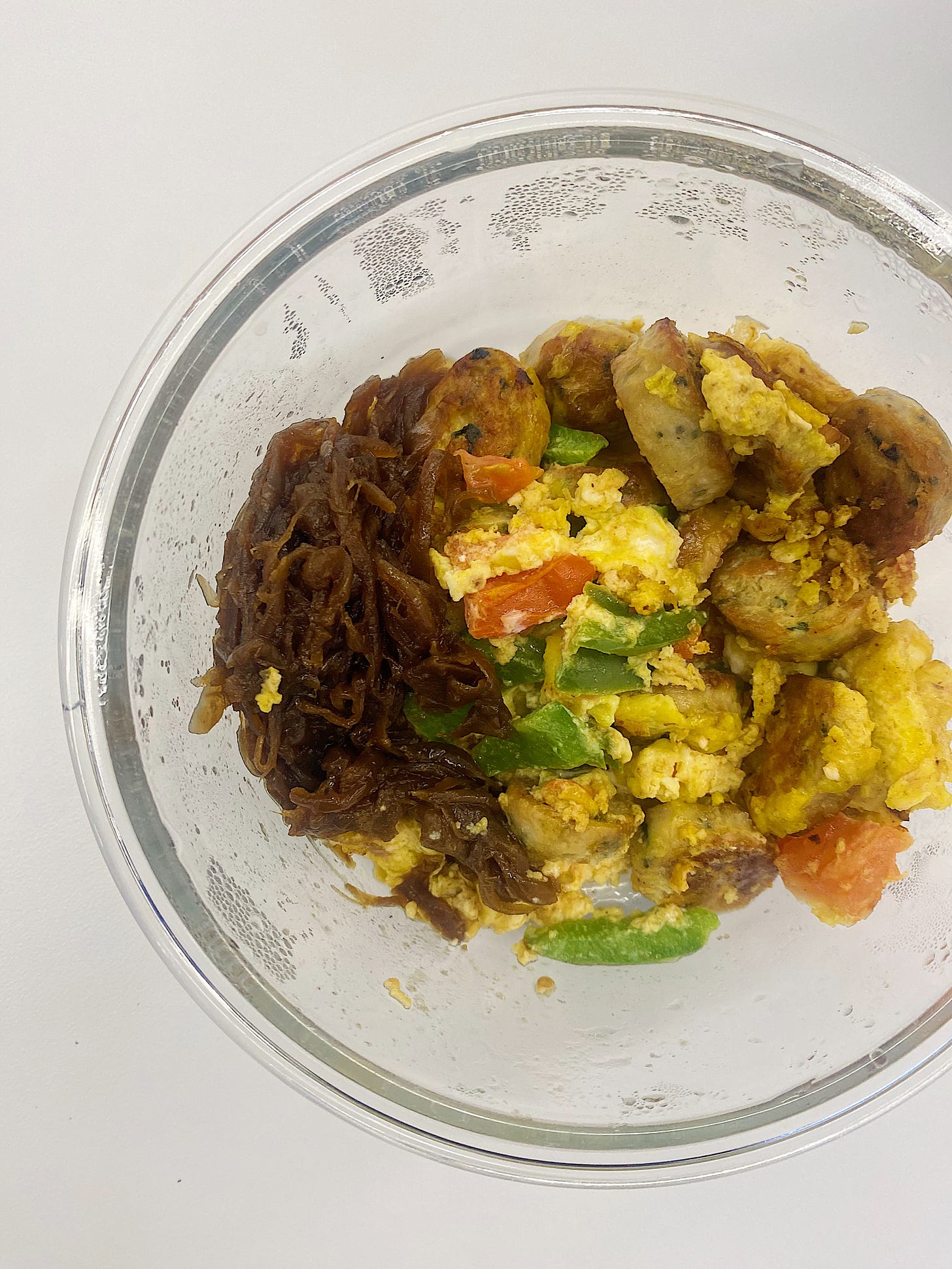
To add a pleasant kick and flavor at the end, pour in balsamic vinegar and a flattened (not a heaped) tablespoon of sugar or honey and stir well.
Store in a mason jar or airtight container in your refrigerator next to your condiments, to be used as such. You can have it with anything you enjoy really.
A Look At Biases, and where we stand (while I eat two boiled eggs, halved, topped with caramelized onion)
I don’t do “hot takes,” “popular or unpopular opinion” to start a conversation. Most of my newsletter topics comes to me when I am cooking, or simply going about my day but recently, because I engage on threads. Of late, I’ve come across conversations where I can spot a few biases from either the owner of the post or individuals commenting their take. I find this more frequently in the health and wellness space and most of these conversations are fueled by emotion and rife with implicit biases.
How often do you use the word bias? Do you know or can you identify the biases you have, because lets admit it, we all have biases, and this article “Everyone Is a Little Bit Bias” from The American Bar does a good writeup on bias and what it is, how it affects us.
A look at the meaning of “Bias”
“The Kirwan Institute (for the study of race and ethnicity) at Ohio State University defines these biases as “the attitudes or stereotypes that affect our understanding, decisions and actions in an unconscious manner. These implicit biases we all hold do not necessarily align with our own declared beliefs.” - Karen Steinhauser, author of the article above.
Kiana Atkins, author of the piece “Unconscious Bias and the Public Servant: What can we do to overcome unconscious bias?” written for the NIH’s Office of equity, diversity and inclusion, gave 5 tips on how to challenge our unconscious bias, I highlight 3 below
Acknowledge your bias.
Learn more about you.
Extend your comfort zone.
I want to take a look at various biases, with their definition and examples and perhaps you can identify where you fall. I challenge us, myself included, to daily work on overcoming held biases because I truly believe this will help make our communities thrive in communication, it will help us develop more compassion for others, and it will help in paving a better society for our growing children. Happy learning!
Affinity Bias
I think most of us have affinity bias. I know I do and am daily working at chipping away at this. Affinity bias is when we are drawn to people who are similar to us, in character, education, social status… I listened to an episode of The Perfect Scam, a podcast that centers around criminal fraud stories of victims, where a doctor and his partners were the victims of fraud committed by another dentist who ran a Ponzi scheme and something he said, that made me think about how I also do hold some affinity bias, was that he was simply lazy in not vetting this individual, he instead transferred his trust via his business partner of 20+ years who was the one who brought this dentist on board, so because he trusted his partner, he blindly trusted this dentist-someone who was of the same societal status and educational background as him.
Affinity Bias creates a world where there is less diversity and inclusion. It also clouds your judgement or “judge of character” of others who don’t fall within the same societal status as you.
Cognitive Dissonance.
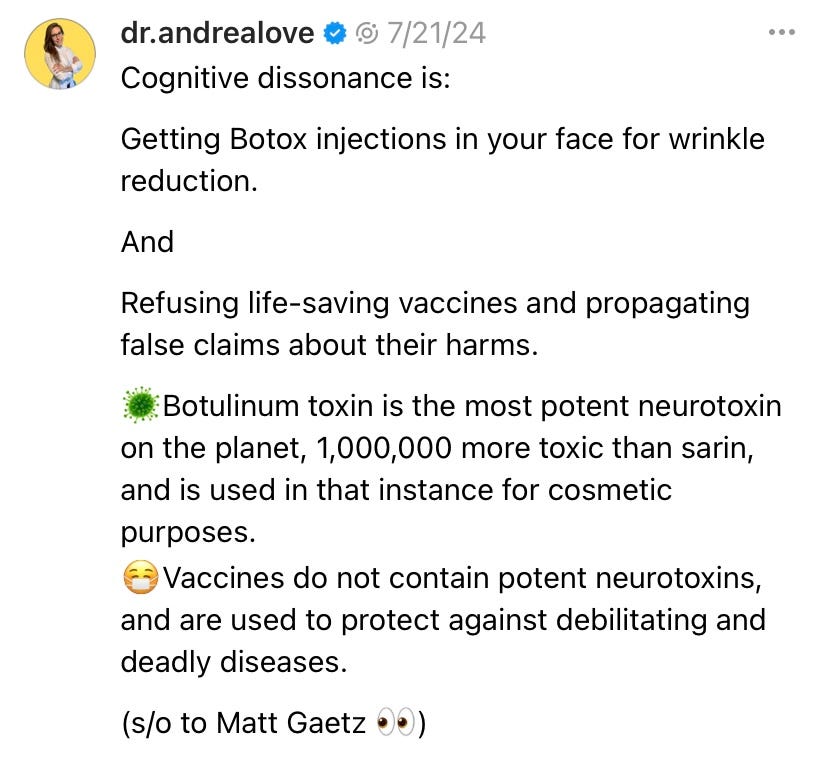
Not to be mistaken for irony, cognitive dissonance is a psychological state that occurs when someone’s behavior and beliefs do not align, creating a contradiction that makes the individual uncomfortable and avoidant or argumentative on beliefs they hold, not realizing that their actions conflict. Cognitive dissonance is not a mental condition either.
My little sis has tattoos, however, she does not want to receive the covid or flu vaccines, for reasons she doesn’t have. So me, being in science and studying the immune system, compassionately but factually explained something to her, and this was not in an attempt to change how she felt re: the shots but to let her see how her beliefs and behavior contradicts.
Tattoo inks, injectable substances, that are not tested for safety, neither are they regulated, and they last a lifetime due to the amazing immune cells called macrophages (phage means to eat) that identify the ink droplets as an invader, eats it, and it remains within those cells. When those cells dies, the ink is release and then eaten up by new macrophages, and so the cycle continues.
Vaccines, injectable substances that go through YEARS of rigorous studies, tests, trials before they can be made available or human use. They are safe, regulates and tested for efficacy. And no, vaccines do not cause autism and neither is the government trying to kill you.
This piece from the NY Times is a good, interesting read! Check it out
Confirmation Bias
This is the tendency to favor information that (already) supports our beliefs aka cherry picking.
We all want to be right, so we gravitate towards information that supports our beliefs.” - a comment left on threads.
The issue with that is, our confirmation bias is leading to misinformation we see spreading rampantly online, and that is seeping into our homes. This then leads to the break down of communication, loss of friendships and erosion of community. I have had to let go of a friendship due to her confirmation bias surrounding Covid-19 and the mRNA shot, herbal remedies/supplements and their place in helping our symptoms feel better as opposed to treating or curing a viral infection, falling for anti-vaccine propaganda and holding to her beliefs that they are trying to kill us all. However, negating the *scientific* fact that a virus, which is a real organism by the way, only has one job, and that is to infect us, and cause harm, which will lead to acute or chronic diseases or death. Instead of seeking out information that contradicts our beliefs, we seek out what doesn’t and then spread it like wildfire, hence we have so many conspiracy “hypothesis” (I don’t say theory because a theory is a proven fact) going around.
Survivorship Bias.
This is an important one and the last one I want to touch on. We, perhaps, in one thinking or another, have survivorship bias. This implicit bias is defined as the logical error of concentrating on entities that passed a selection process while overlooking those that did not. Simply put, you thinking something is safe because you have been doing it since you were a child and you and your family turned out ok so you don’t know what the big deal or fuss is about.
For eg: feeding honey to children under one years old despite warnings not to because this may lead to infant botulism. Because you have done it, without any negative consequences, you think it is ok, but have you tracked the data or heard of stories of babies who died as a result of infant botulism?
These are the three Biases that I thought important to highlight. Can you identify which you hold? Perhaps all 3 I am assuming.
All sources for this newsletter are hyperlinked, so you won’t see a list of sources at the end of the. Thanks for reading and I’ll catch you soon. Gotta go make my mom some caramelized onions, per her highness’s request!
Xx Dacia




